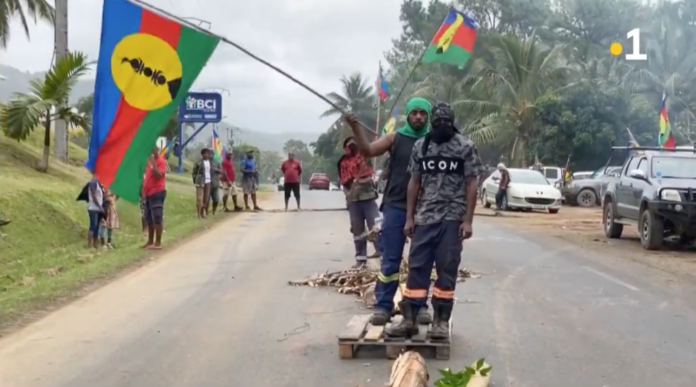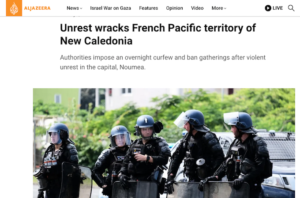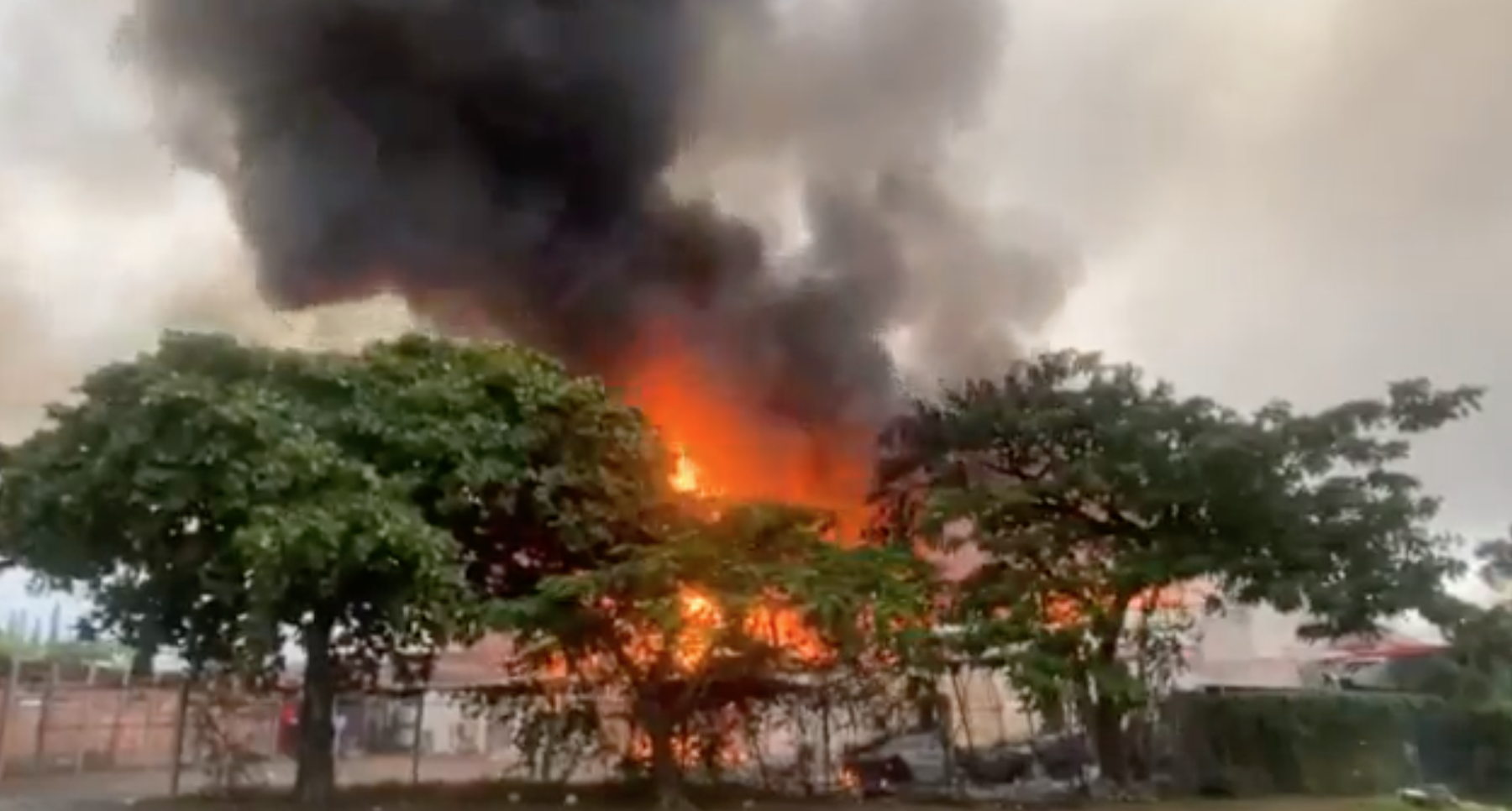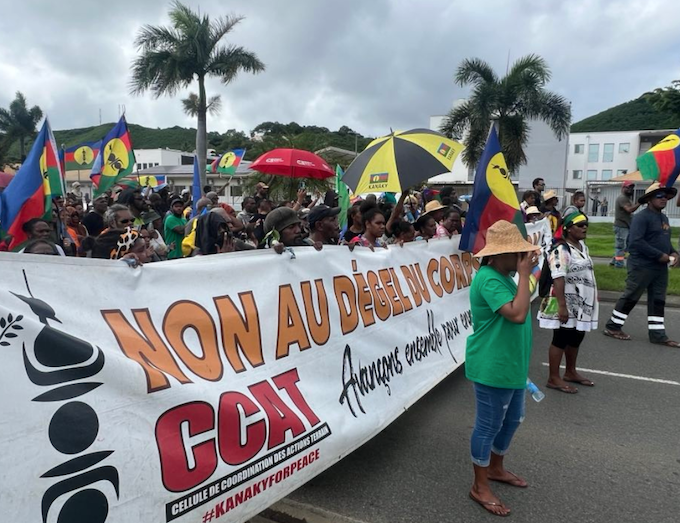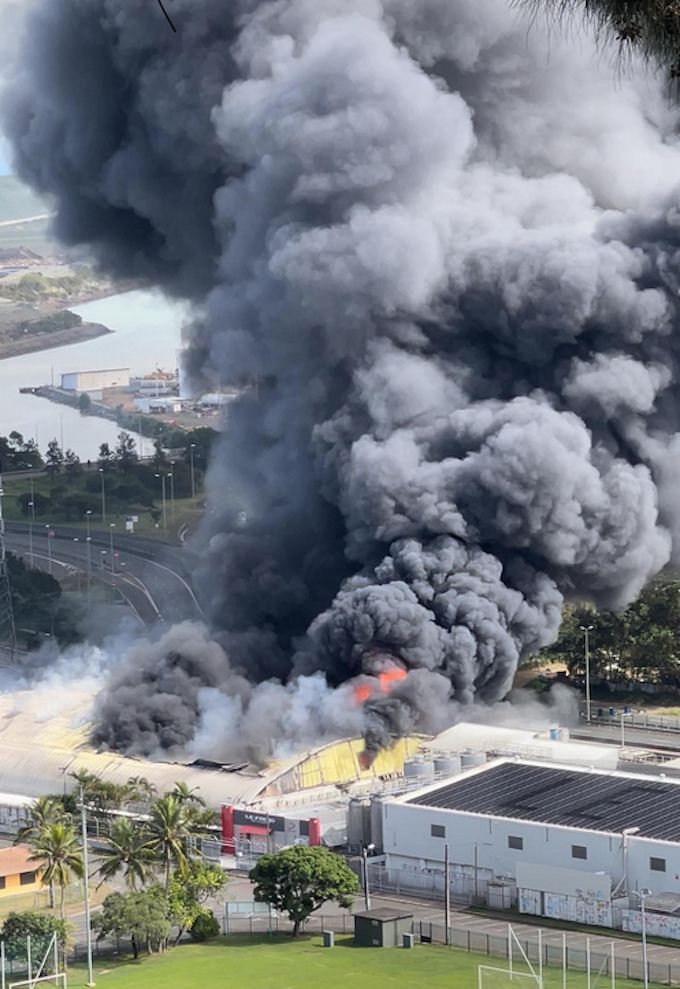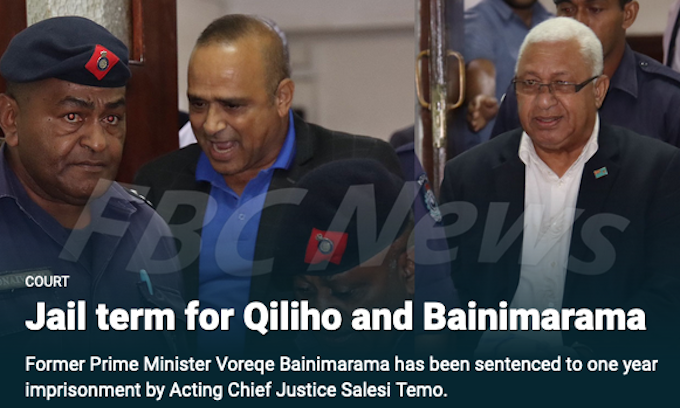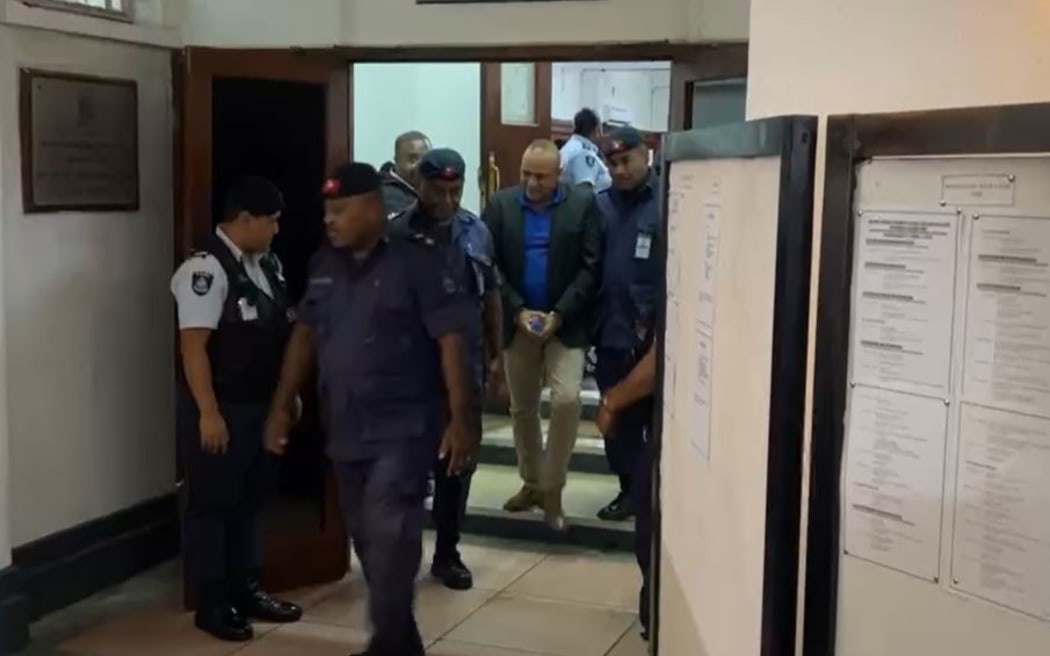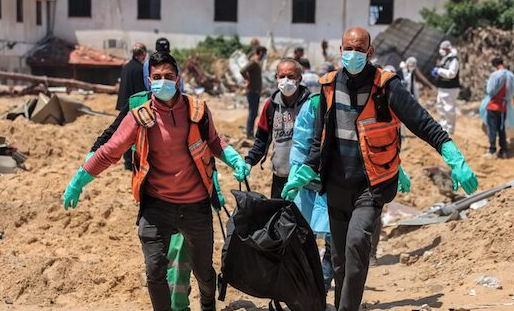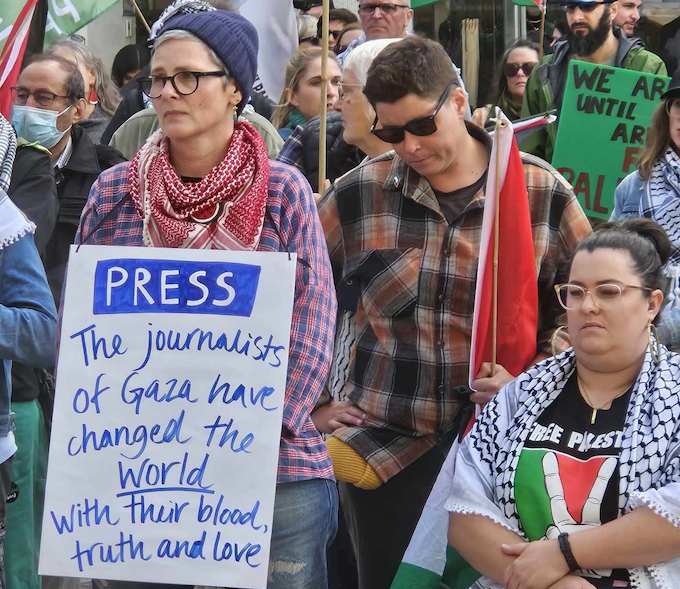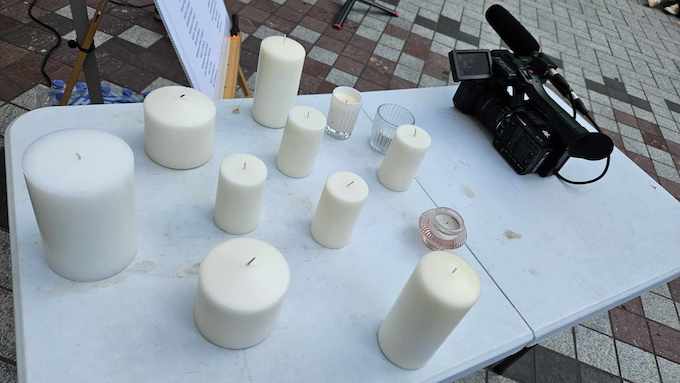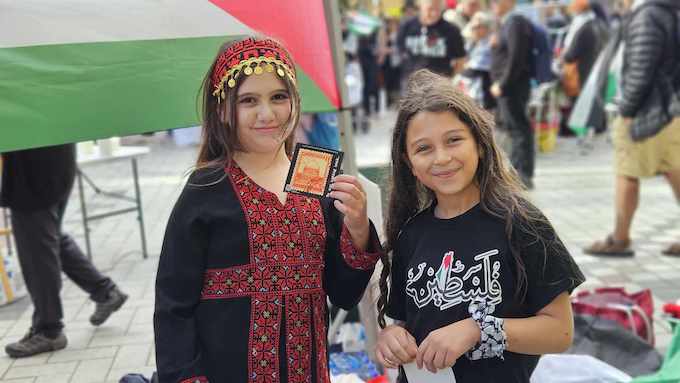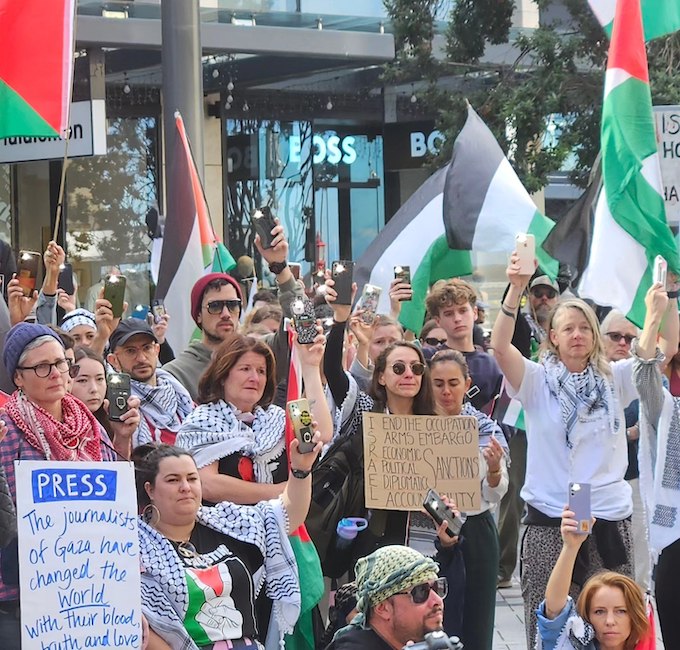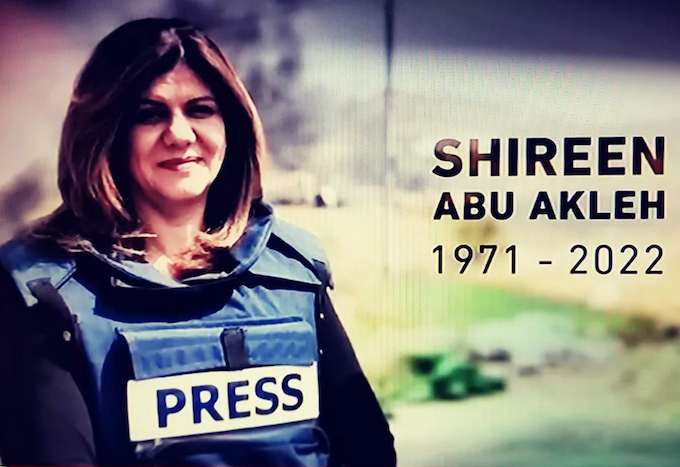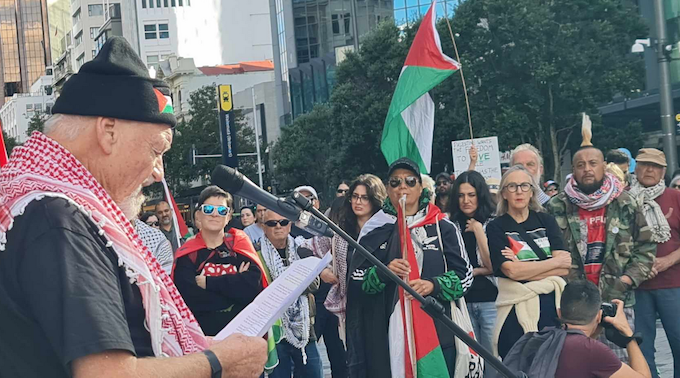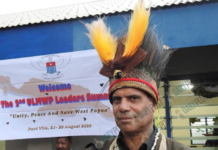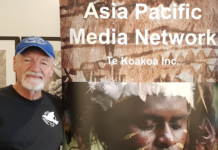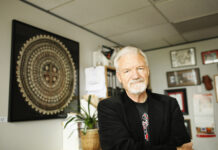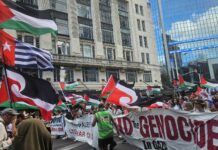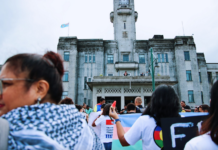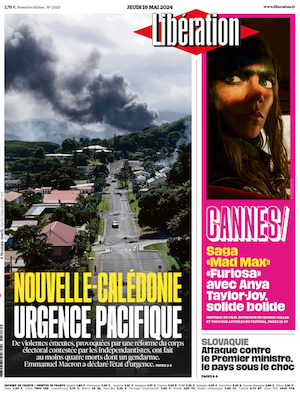
France has declared a state of emergency for 12 days on the Pacific territory of New Caledonia — New Zealand’s closest neighbour — after four people, including a police officer, have been killed in pro-independence riots over voting changes that further marginalise indigenous Kanaks.
Almost two and a half years ago, on 10 December 2021, I wrote an article after the third independence referendum debacle warning that “Kanaky New Caledonia is again poised on the edge of a precipice”.
ANALYSIS: By David Robie, 10 December 2021
After three decades of frustratingly slow progress but with a measure of quiet optimism over the decolonisation process unfolding under the Noumea Accord, Kanaky New Caledonia is again poised on the edge of a precipice.
Two out of three pledged referendums from 2018 produced higher than expected — and growing — votes for independence. But then the delta variant of the global covid-19 pandemic hit New Caledonia with a vengeance.

Like much of the rest of the Pacific, New Caledonia with a population of 270,000 was largely spared during the first wave of covid infections. However, in September a delta outbreak infected 12,343 people with 280 deaths — almost 70 percent of them indigenous Kanaks.
- READ MORE: Independence for Kanaky: A media and political stalemate or a ‘three strikes’ Frexit challenge? — Backgrounder
- I support Kanaky New Caledonian independence – but why I’m not voting
- Other New Caledonia referendum reports
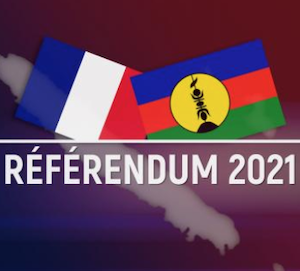
With the majority of the Kanak population in traditional mourning — declared for 12 months by the customary Senate, the pro-independence Kanak and Socialist National Liberation Front (FLNKS) and its allies pleaded for the referendum due this Sunday, December 12, to be deferred until next year after the French presidential elections.
In fact, there is no reason for France to be in such a rush to hold this last referendum on Kanak independence in the middle of a state of emergency and a pandemic. It is not due until October 2022.
It is clear that the Paris authorities have changed tack and want to stack the cards heavily in favour of a negative vote to maintain the French status quo.
When the delay pleas fell on deaf political ears and appeals failed in the courts, the pro-independence coalition opted instead to not contest the referendum and refuse to recognise its legitimacy.
The latest upheaval in Kanaky New Caledonia, 15 May 2024. Video: Caledonia TV
Vote threatens to be farce
This Sunday’s vote threatens to be a farce following such a one-sided campaign. It could trigger violence as happened with a similar farcical and discredited independence referendum in 1987, which led to the infamous Ouvea cave hostage-taking and massacre the following year as retold in the devastating Mathieu Kassovitz feature film Rebellion [l’Ordre at la morale] — banned in New Caledonia for many years.
On 13 September 1987, a sham vote on New Caledonian independence was held. It was boycotted by the FLNKS when France refused to allow independent United Nations observers. Unsurprisingly, only 1.7 percent of participants voted for independence. Only 59 percent of registered voters took part.
After the bloody ending of the Ouvéa cave crisis, the 1988 Matignon/Oudinot Accord signed by Kanak leader Jean-Marie Tjibaou and anti-independence leader Jacques Lafleur, paved the way for possible decolonisation with a staggered process of increasing local government powers.
A decade later, the 1998 Noumea Accord set in place a two-decade pathway to increased local powers — although Paris retained control of military and foreign policy, immigration, police and currency — and the referendums.
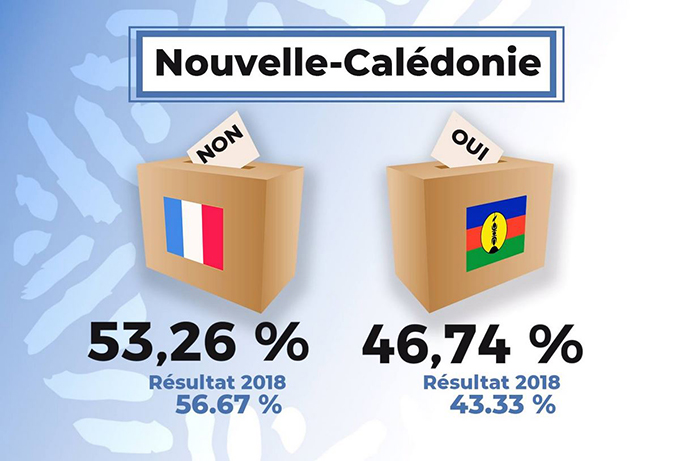
In the first referendum on 4 November 2018, 43.33 percent voted for independence with 81 percent of the eligible voters taking part (recent arrivals had no right to vote in the referendum).
In the second referendum on 4 October 2020, the vote for independence rose to 46.7 percent with the turnout higher too at almost 86 percent. Only 10,000 votes separated the yes and no votes.
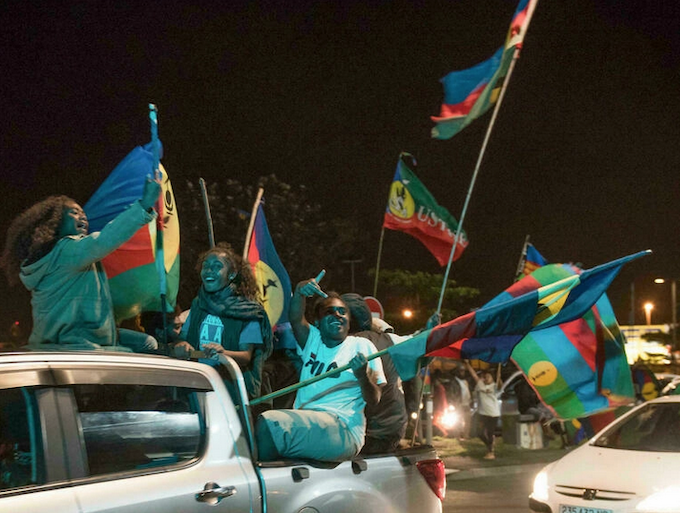
Expectations back then were that the “yes” vote would grow again by the third referendum with the demographics and a growing progressive vote, but by how much was uncertain.
Arrogant and insensitive
However, now with the post-covid tensions, the goodwill and rebuilding of trust for Paris that had been happening over many years could end in ashes again thanks to an arrogant and insensitive abandoning of the “decolonisation” mission by Emmanuel Macron’s administration in what is seen as a cynical ploy by a president positioning himself as a “law and order” leader ahead of the April elections.
Another pro-independence party, Palika, said Macron’s failure to listen to the pleas for a delay was a “declaration of war” against the Kanaks and progressive citizens.
The empty Noumea hoardings – apart from blue “La Voix du Non” posters, politically “lifeless” Place des Cocotiers, accusations of racism against indigenous Kanaks in campaign animations, and the 2000 riot police and military reinforcements have set a heavy tone.
And the damage to France’s standing in the region is already considerable.
Many academics writing about the implications of the “non” vote this Sunday are warning that persisting with this referendum in such unfavourable conditions could seriously rebound on France at a time when it is trying to project its “Indo-Pacific” relevance as a counterweight to China’s influence in the region.
China is already the largest buyer of New Caledonia’s metal exports, mainly nickel.
The recent controversial loss of a lucrative submarine deal with Australia has also undermined French influence.
Risks return to violence
Writing in The Guardian, Rowena Dickins Morrison, Adrian Muckle and Benoît Trépied warned that the “dangerous shift” on the New Caledonia referendum “risks a return to violence”.
“The dangerous political game being played by Macron in relation to New Caledonia recalls decisions made by French leaders in the 1980s which disregarded pro-independence opposition, instrumentalised New Caledonia’s future in the national political arena, and resulted in some of the bloodiest exchanges of that time,” they wrote.
Dr Muckle, who heads the history programme at Victoria University and is editor of The Journal of Pacific History, is chairing a roundtable webinar today entitled “Whither New Caledonia after the 2018-21 independence referendums?”
The theme of the webinar asks: “Has the search for a consensus solution to the antagonisms that have plagued New Caledonia finally ended? Is [the final] referendum likely to draw a line under the conflicts of the past or to reopen old wounds.”
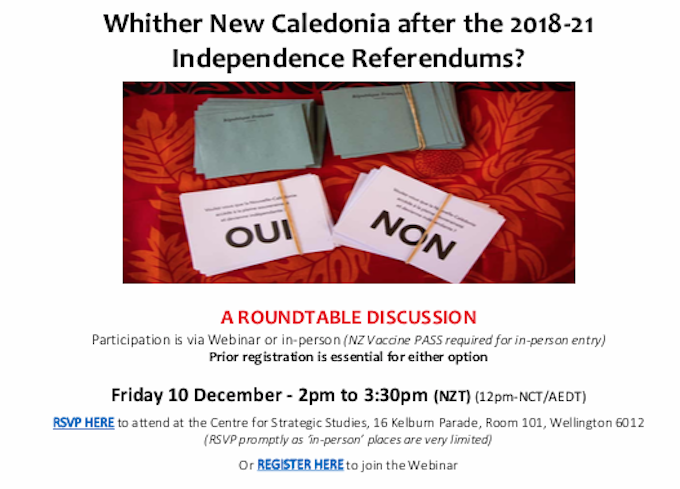
One of the webinar panellists, Denise Fisher, criticised in The Conversation the lack of “scrupulously observed impartiality” by France for this third referendum compared to the two previous votes.
“In the first two campaigns, France scrupulously observed impartiality and invited international observers. For this final vote, it has been less neutral,” she argued.
“For starters, the discussions on preparing for the final vote did not include all major independence party leaders. The paper required by French law explaining the consequences of the referendum to voters favoured the no side this time, to the point where loyalists used it as a campaign brochure.”
‘Delay’ say Pacific civil society groups
A coalition of Pacific civil society organisations and movement leaders is among the latest groups to call on the French government to postpone the third referendum, which they described as “hastily announced”.
While French Minister for Overseas Territories Sebastien Lecornu had told French journalists this vote would definitely go ahead as soon as possible to “serve the common good”, critics see him as pandering to the “non” vote.
The Union Calédoniènne, Union Nationale pour l’independence Party (UNI), FLNKS and other pro-independence groups in the New Caledonia Congress had already written to Lecornu expressing their grave concerns and requesting a postponement because of the pandemic.
“We argue that the decision by France to go ahead with the referendum on December 12 ignores the impact that the current health crisis has on the ability of Kanaks to participate in the referendum and exercise their basic human right to self-determination,” said the Pacific coalition.
“We understand the Noumea Accord provides a timeframe that could accommodate holding the last referendum at any time up to November 2022.
“Therefore, we see no need to hastily set the final referendum for 12 December 2021, in the middle of a worldwide pandemic that is currently ravaging Kanaky/New Caledonia, and disproportionately impacting [on] the Kanak population.”
The coalition also called on the Chair of the Pacific Islands Forum, Prime Minister Voreqe Bainimarama to “disengage” the PIF observer delegation led by Ratu Inoke Kubuabola. Forum engagement in referendum vote as observers, said the coalition, “ignores the concerns of the Kanak people”.
‘Act as mediators’
The coalition argued that the delegation should “act as mediators to bring about a more just and peaceful resolution to the question and timing of a referendum”.
Signatories to the statement include the Development Alternatives with Women for a New Era, Fiji Council of Social Services, Melanesian Indigenous Land Defence Alliance, Pacific Conference of Churches, Pacific Network on Globalisation, Peace Movement Aotearoa, Pasifika and Youngsolwara Pacific.
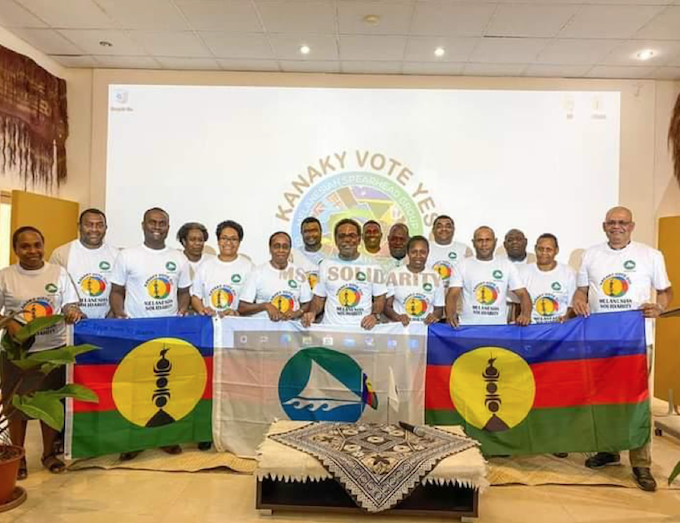
The Melanesian Spearhead Group (MSG) secretariat has called on member states to not recognise New Caledonia’s independence referendum this weekend.
Fiji, Papua New Guinea, Solomon Islands and Vanuatu, which along with the FLNKS are full MSG members, have been informed by the secretariat of its concerns.
In a media release, the MSG’s Director-General, George Hoa’au, said the situation in New Caledonia was “not conducive for a free and fair referendum”.
Ongoing customary mourning over covid-19 related deaths in New Caledonia meant that Melanesian communities were unable to campaign for the vote.

Hopes now on United Nations
“Major hopes are now being pinned on a Kanak delegation of territorial Congress President Roch Wamytan, Mickaël Forrest and Charles Wéa who travelled to New York this week to lobby the United Nations for support.
One again, France has demonstrated a lack of cultural and political understanding and respect that erodes the basis of the Noumea Accord – recognition of Kanak identity and kastom.
Expressing her disappointment to me, Northern provincial councillor and former journalist Magalie Tingal Lémé says: “What happens in Kanaky is what France always does here. The Macron government didn’t respect us. They still don’t understand us as Kanak people.”
Dr David Robie covered “Les Événements” in New Caledonia in the 1980s and penned the book Blood on their Banner about the turmoil. He also covered the 2018 independence referendum.


